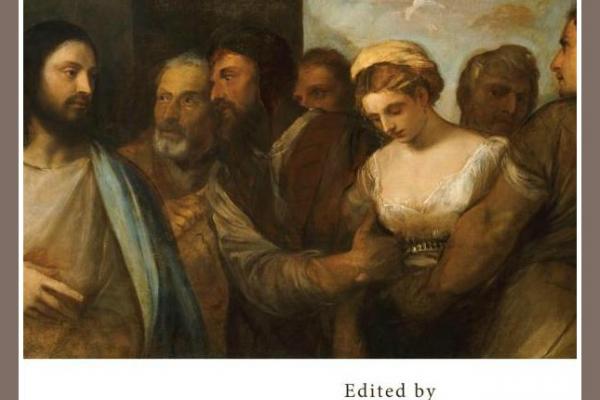EXCLUDING WOMEN from leadership weakens the commitment and contributions of churches, theological institutions, and the global church in their participation in God's prophetic mission. It translates to women's priorities and specific needs being inadequately articulated and under-resourced.
For instance, matters of sexuality, reproductive health education, and justice are hardly ever discussed in churches or theological institutions, except when governments want to legalize abortion. Similarly, little attention is given to maternal health care despite the high rates of maternal death and infant mortality in Africa. It is not enough for churches to focus on baptizing children, blessing them, and welcoming them into the house of God when they neglect to care for their well-being from the time they are in their mothers' wombs, especially now that so many children are born HIV-infected. Responsible and healthy sexuality, childbearing, and parenting are matters that require full engagement of both women and men, and the churches should be at the forefront of providing much-needed education.
Women have been left to shoulder the burden of the times: preventing HIV transmission, facing HIV-related stigma, handling deaths, and addressing the myriad other adverse impacts that the HIV pandemic has created. Similarly, in the Circle of Concerned African Women Theologians, of which this author is a founding member, women have provided leadership in naming theological, ethical, cultural, and religious beliefs, as well as harmful practices and leadership styles, that fuel gender disparity, social injustices, and the spread of HIV in religious communities and in society at large. The Circle also has endeavored to provide theological and ethical reflections that are empowering and transformative to the behaviors contrary to God's will for how women and men relate to each other in families, religious contexts, and everyday life.
Read the Full Article

